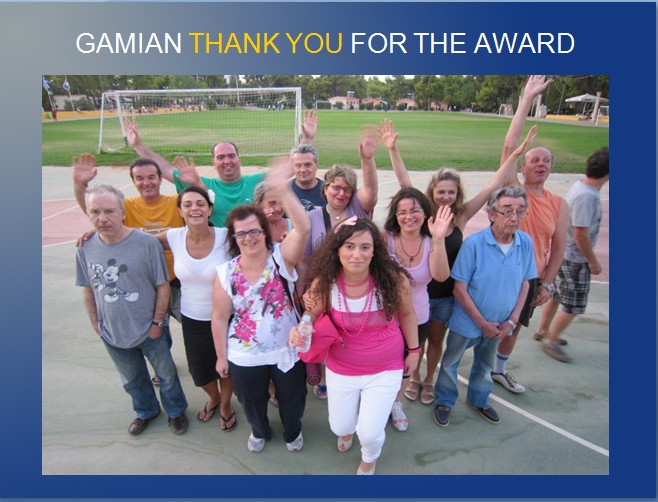The Pedro Montellano Good Practice Award
GAMIAN-Europe invites members to submit a project for the Pedro Montellano Good Practice Award*. This prestigious Award aims to recognise the outstanding initiatives and innovative efforts of our members. The Award recognises good practice and provides an opportunity to challenge the stigma often associated with mental health issues by highlighting good practices to a wider audience and supporting the exchange of expertise between members.
The Award was created at the GAMIAN-Europe Board in 2010. The First edition was presented at the GAMIAN-Europe annual convention in 2011. Yearly, all GAMIAN-Europe members will be informed on the results and called to apply for the next year’s Award. By supporting and publishing all projects GAMIAN-Europe wants to contribute to the fight against stigmatisation, exclusion and isolation of people with mental health problems by revealing “good practices” to a large audience and supporting the exchange of expertise between the projects.
*From 2016, the GAMIAN-Europe Good Practice Award will be renamed as The Pedro Montellano Good Practice Award, in remembrance of our President, colleague, friend and patient advocate, who passed away on 2nd October, 2015.
2019
Kukunori – Winner of the Pedro Montellano Good Practice Award
Culturehouses using Guided functional peer support-model
Description of the Project
Culturehouses, using GFP (Guided Functional Peer Support) -model is a combination of peer support and creative activities. The main goal is to support the young adult mental health clients to find natural means of life management and social skills development, both at work and disability rehabilitation. GFP-model aims to a new type of peer-guided functional development. Instead of traditional disease-centered dialogue of the peer support, GFP focuses on human resources and functionality through interaction. Professional staff has trained the peer tutors to support the activities and the rehabilitation clients jointly in the groups.
Guided Functional Peer Support (GFP) is a working model used in peer support work in communities for groups with special needs. The model is a consolidation of peer support and functional activities with the aim to support for example young adult mental health clients. The model was originally developed by Markus Raivio , music therapist and project director. The GFP-model differentiates from traditional disease-oriented treatment with its focus on functionality through interaction. The peer tutors are trained by professionals to support
psychiatric rehabilitation clients in groups. [1] Instead of focusing on problems, the clients do and learn new things that they are interested in together. [5] The contents of the functional groups are usually art-based and include for example music, multimedia and visual arts, but activities with animals and sports are also common.
You can read more about the model from paphlet: Young heroes written by Markus Raivio
https://itunes.apple.com/us/book/young-heroes/id732829676?mt=11
Website: https://kukunori.fi/
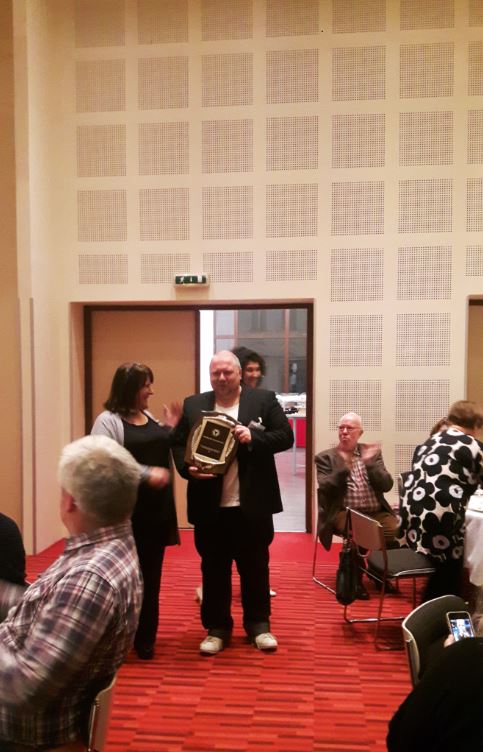
2017
Description of the project
The Gellinudd Project is a concept borne of an idea generated by members of Hafal and its Trustees back in the early 2000s. Its philosophy is based on the experiences of former service users who decided that there was a gap in the provision of mental health services in Wales, from Hospital to Community, and that care should be guided by consultation with the patient at the heart of all decisions. The Centre has been developed in close liaison with the National Health Service (NHS) in Wales to ensure we provide a service that fits with existing NHS services and that it meets the highest clinical governance standards. Its approach is strongly in line with Welsh law and policy including the Mental Health (Wales) Measure (Welsh law) and the “Together for Health” and “Together for Mental Health” Welsh Government strategies.
Aim of the project
The main aim of the project is to facilitate recovery for our guests (not patients), using a holistic, and whole-person approach. Guests identify their recovery goals in a comprehensive Care and Treatment Plan which covers all of the following life areas:
– Medical and Other forms of treatment including psychological intervention
– Work and occupation
– Parenting or caring relations
– Finance and Money
– Social, Cultural and Spiritual
– Education and Training
– Personal care and physical wellbeing
– Accommodation
For more information please visit: http://www.hafal.org
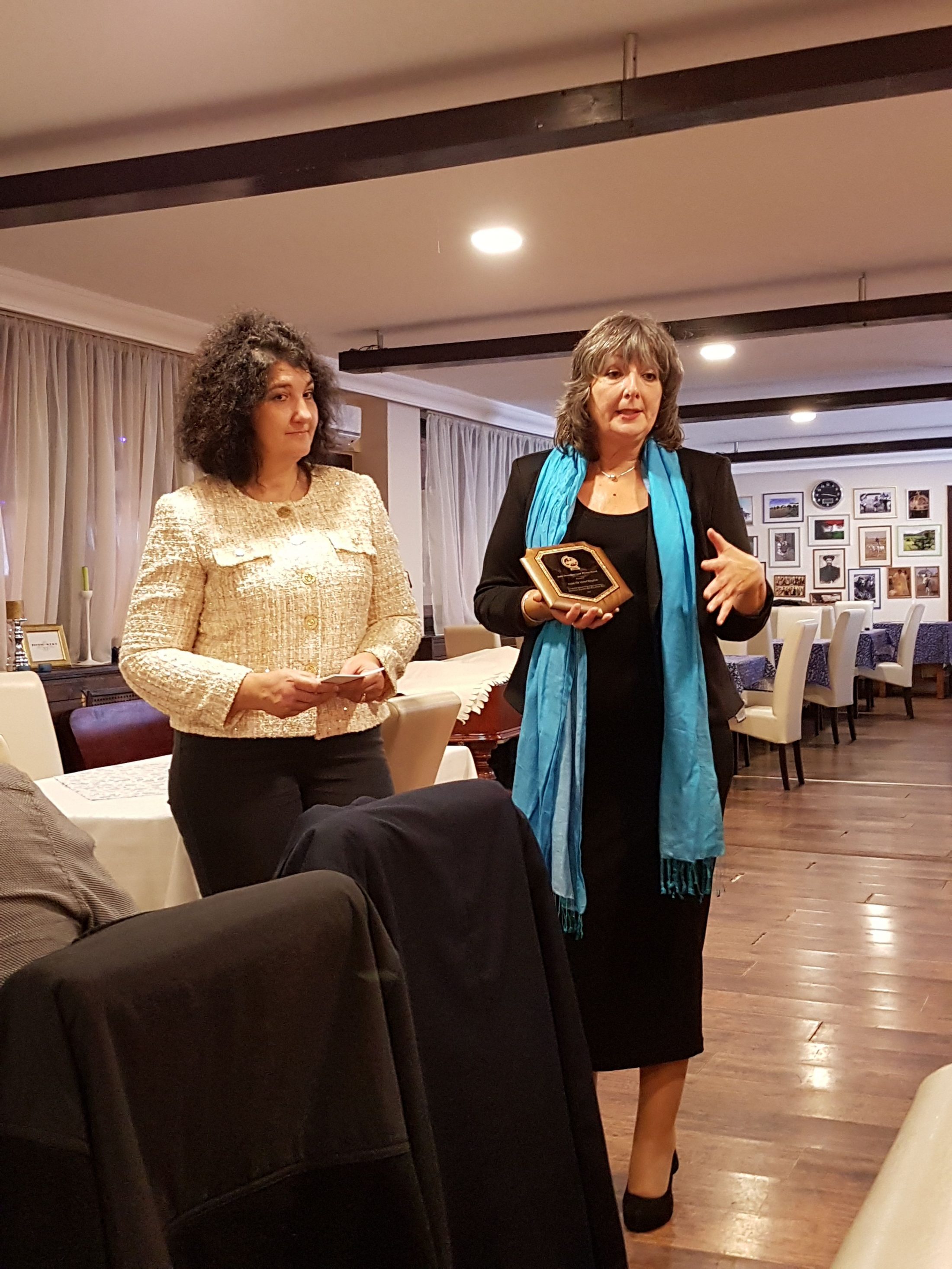
2016
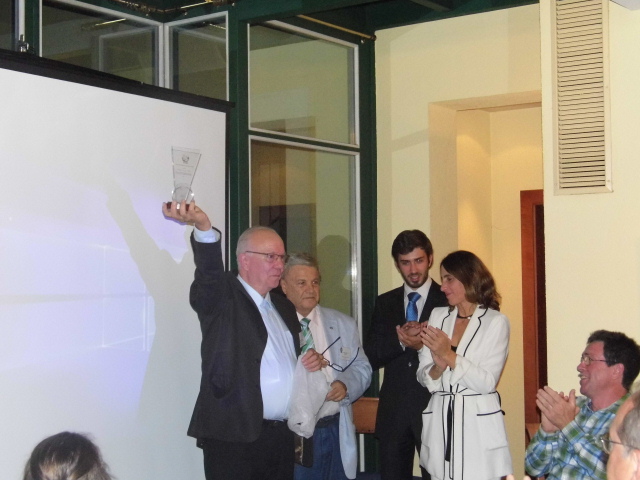
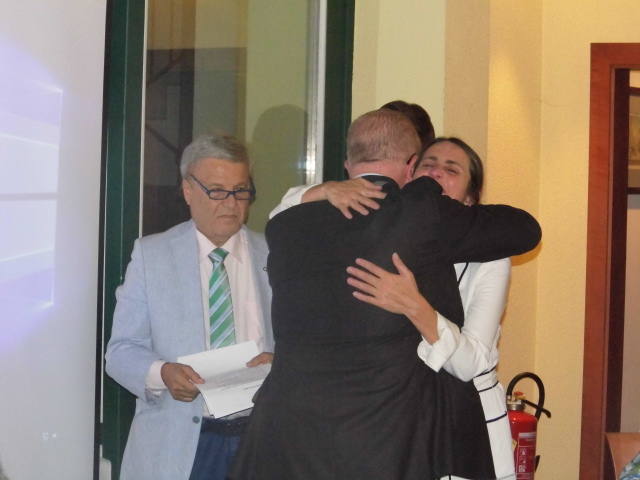
When did the project start? In May 2012.
What are the aims of the project? About the Hearing Voices Method developed by Marius Romme and Sandra Escher in 1987 see more in www.intervoiceonline.org. The aim of the project in a first step was the adaptation of the Hearing Voices Method in Hungary – Setting up the first HV Selfhelp Group and promoting HV Selfhelp Groups in Hungary. In a second step experts by lived experience and experts by accompaniment were trained by the Awakenings Foundation. Generally, the aim of the method is to put back the users to the life, to the world of the work. To solve their problems (inner, outer). To handle, to cope with their voices. To live a quality life. To find the meanings of their voices. And to make the users operable. There is no problem if we have voices, if we are operable.
Is the project totally independent or is it part of a larger project? As an independent project it fits well in the services provided by the community psychiatry. The participants are users of the Awakenings Foundation Budapest and other community psychiatric centres throughout Hungary.
What is the innovation of the project? The HV Method is a very efficient way of therapy. To find the symbolic meanings of voices and to work on the traumas. This alternaitve method cures the root of the problem, not only the symptoms.
Is the project based on a specific vision? Yes, it is recovery oriented based on the idea that the voices are not accidentally things. In a symbolic way, they show the personal problems to be solved.
For more information about the project, please click here
2015
“Al Ze” (“On It”) – Professional Training Enosh the Israeli Mental Health Association
Professional Training in Social & Digital Media for Psychiatric Disabled Individuals, conducted by Enosh Branch in Be’er Sheba, Israel and sponsored by Phillip Morris and Boeing. The Program aimed to empower adults by training them in the field of Social Media and presenting them with new profitable opportunities to enhance social visibility and earning potential. Enosh provided 10 psychiatric disabled individuals aged 25-65 from Be’er Sheba with a professional course in Website development, Facebook page management, designing presentations and infographics. The course was important as it improved the lives of people with mental health conditions. Prior to the course, they were plagued by stigma and alienation and were excluded from economic and social activities. Today the participants experience much less discrimination and they are no longer trapped in a cycle of poverty. Nine participants completed the program successfully. Following the course, they worked in the new Service Center and earned a stipend for their work, at the Center they provided services to local businesses in the field of social media. As a result, the program graduates had opportunities to interact with the wider community and reduce social stigma. They proved business clients that they should not have any concerns over job performance or attendance. Four program graduates have already been integrated in the local work force.
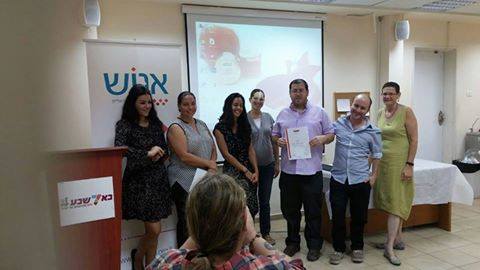
2014
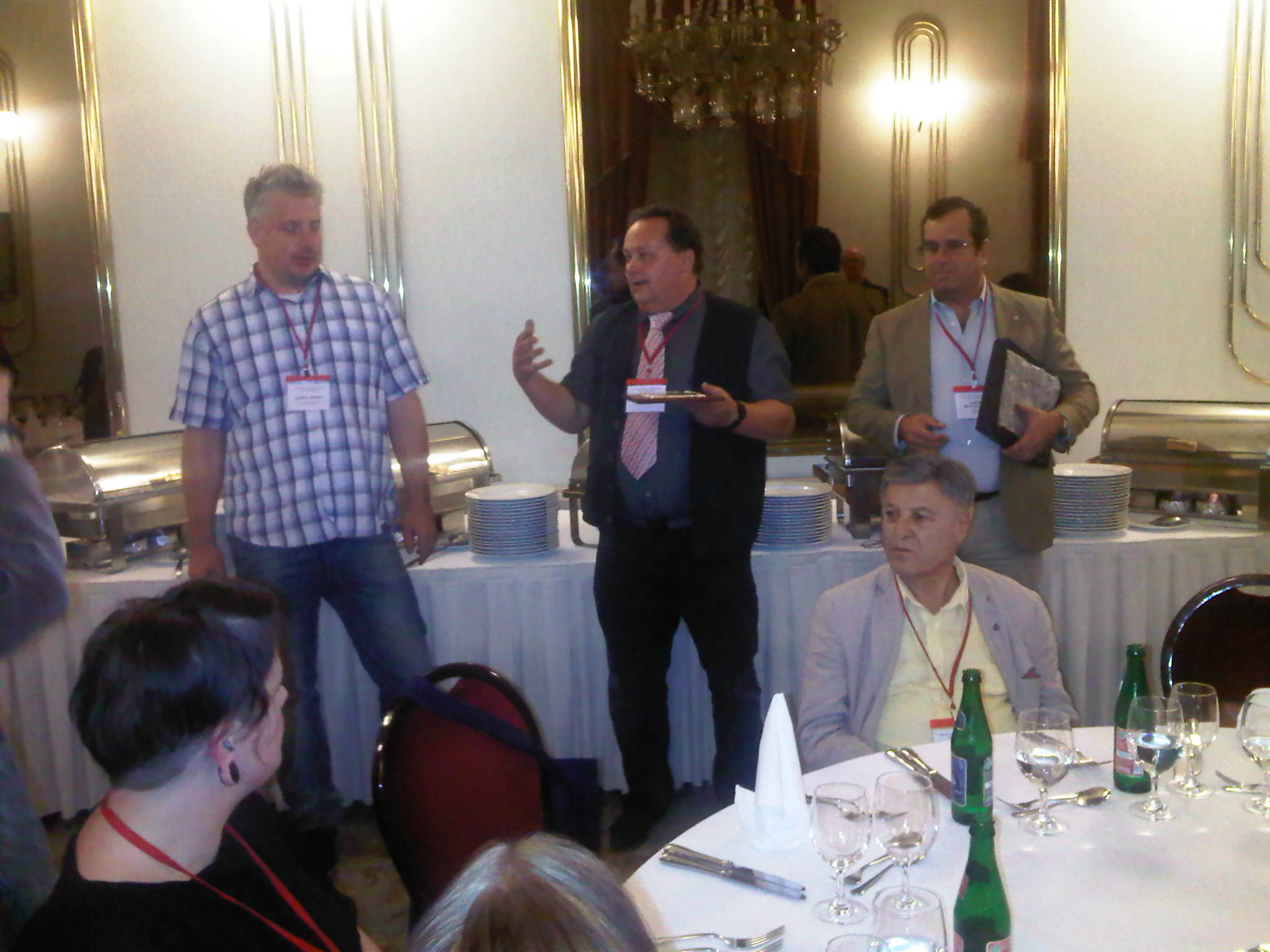
The project started in September 2010. The aims are to provide help to people with mental health problems in psychiatric hospitals. Before and after release from hospitals. To help them to connect to the normal life. It is additional project to our larger long term project Patient Trustees, in which users help patients in psychiatric hospitals. This project is in our Civic association KOLUMBUS from 2004. The aim of the project is to protect rights of mentally disabled in Czech Republic and to improve life of users. The innovation of the project Psychiatric cell is that from 2013 it is the whole Czech Republic project. It is in cities like Brno or Olomouc and not only in Prague.
Contact Information
Address: Na Moráni 7 Postal code: 128 00 Prague 2 Czech Republic
Daniel Černík Tel.: +042 774 279 351 daniel.cernik@centrum.cz
2013
The 2013 good practices award went to “The Blue Turtle” by the puppetry group “Puppet Sailings” of the Greek Association SOFPSI N.SERRON The project started in September 2012 with the establishment of the puppetry group “Puppet sailings”. 14 mental health service users expressed their wish to participate in the project. Under the guidance of the theatrologist Domna Kavakidou and the puppet player expert in the creation of marionettes Kyriakos Theodoridis, mental health service users undertook to play the “Blue Turtle”, an one-act comedy attempting to describe the customs of the time by imprinting wittily the features of the average Greek individual, written by the famous Greek author and satirist D.Psathas in 1944. For six months mental health service users have been creating their marionettes and rehearsing the performance
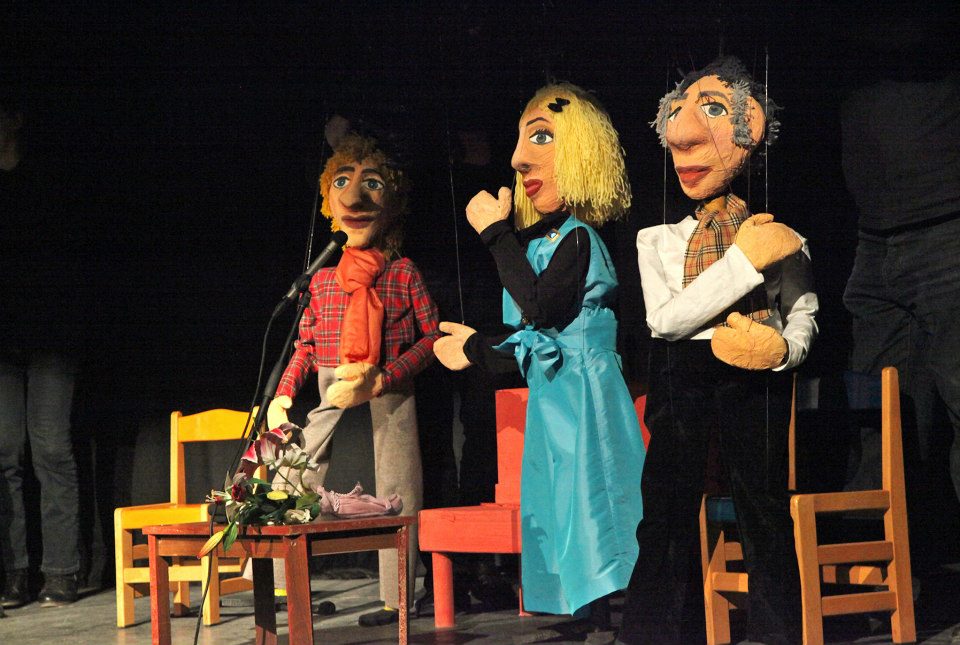
2012
ENOSH Israel
Israeli association ENOSH was awarded for the brilliant project “The other me” in collaboration with Rimon school of music. The presentation was so moving that a lot of people from the Convention audience were in tears.
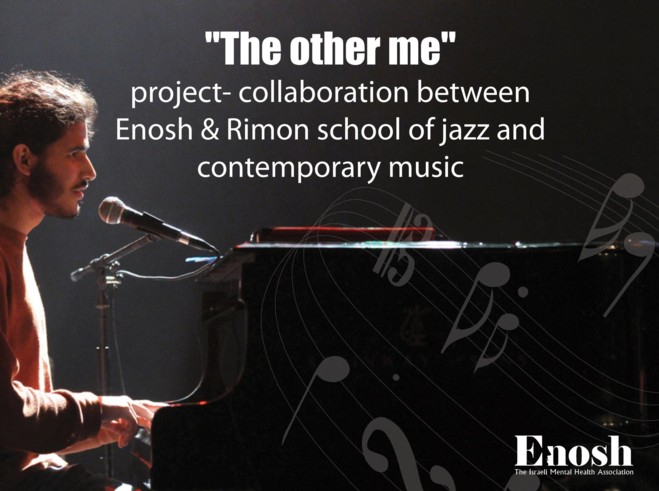
2011
KINAPSI Greece
Greek association KINAPSI is the first nominee of GE award to member organisations. click on the link
